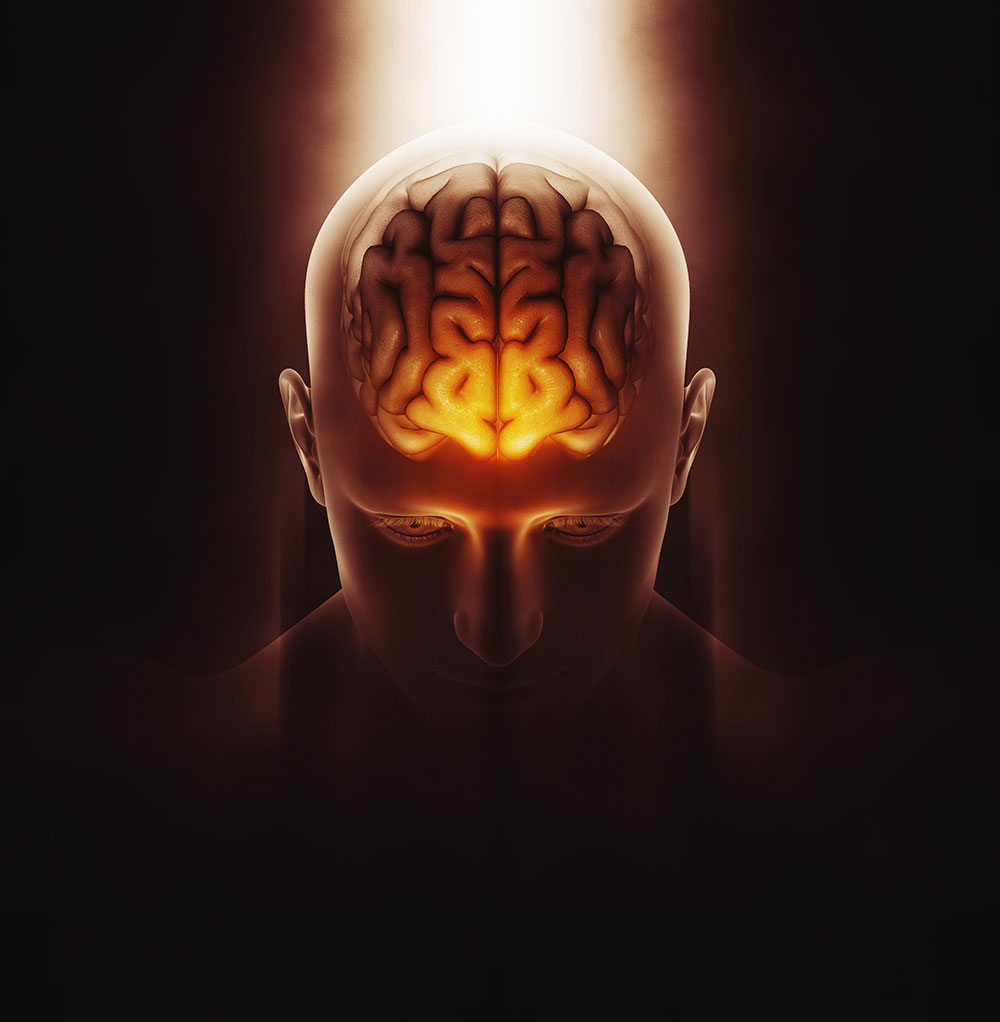The only organ in our body that thinks is often the one We think the least about. It’s the central processor for all our bodily functions, the part that interprets what we see and hear, smell and taste, and even a place where the chemical reaction associated with love occurs. Despite all of that, we practice 5 common bad habits that actually damage our brain:
- Spending too much time in your own thoughts
Image source: freepik.com
Loneliness is not only unhealthy for your emotional well-being, but for your physical state as well. Loneliness causes stress and inflammatory processes in the brain; it also weakens the immune system and puts you at higher risk of brain decline as well as Alzheimer’s.
- Sleep deprivation
Image source: freepik.com
Science is yet to discover the extent upto which your brain needs sleep. But do you really need science to figure this one out? Who doesn’t know the feeling after a bad night’s sleep? Lack of focus, a sluggish attention span, and a mood far from its best behavior are just a few of the indicators. On top of that, a continuous lack of sleep harms your memory too and has long-term effects on your brain. This is because, in your sleep, multiple mechanisms are hard at work, ridding you from toxic by-products that accumulate in your brain throughout the day. If these substances are not eliminated, they start to accumulate in your brain and can lead to a severe damage.
- Smoking
Image source: pexels.com
The terrible habit of smoking considerably reduces brain matter and oxygen supply to the brain. It promotes the occurrence of neurodegenerative diseases. Heterocyclic amines that are released during cigarette combustion interfere with DNA replication, leading to mutations that cause cancerous cells.
- Skipping breakfast
Image source: freepik.com
Breakfast is the most important meal of the day because it noticeably influences your performance, endurance, and emotional situation. During the first few hours of the day, the brain allows nutrients to continue “managing” the physiological processes after the long fast it has been subjected to. If you don’t supply it with energy, it will need to use reserves and it will have to make extra effort to maintain correct functioning. A lack of breakfast could cause general lack of energy, loss of concentration and memory, bad moods and poor physical and intellectual performance. Eat a substantial and a healthy breakfast in the morning.
- Being in the dark
Image source: pexels.com
Your body and your brain need natural light to stay healthy. Being deprived of daylight can trigger Seasonal Affective Disorder (SAD), also known as ‘winter depression’. It’s not fully understood how this happens but it’s said that lack of sunlight affects the working of the hypothalamus, which in turn may affect the production of the hormones, melatonin and serotonin, that regulate sleep and mood. Light is also closely tied to your body’s circadian rhythms, so short days and longer hours of darkness can trigger depression and disrupt your body clock.





